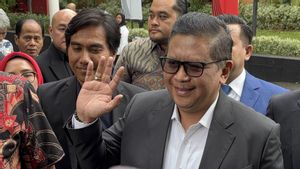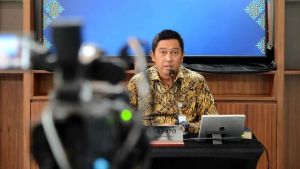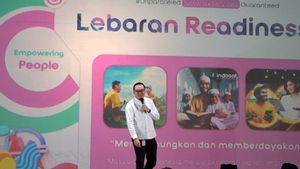JAKARTA - European legislators are now stepping closer to passing new regulations governing artificial intelligence tools such as ChatGPT, after an important vote on Thursday, May 11.
The highly anticipated AI Act from the European Union is expected to be the first comprehensive law to regulate the technology, with new rules surrounding the use of facial recognition, biometric surveillance, and other artificial intelligence applications.
After two years of negotiations, this rule is now expected to proceed to the next stage in the process, in which legislators will finalize the details of the law with the European Commission and its individual member states.
Ahead of the vote by two legislator committees, Dragos Tudorache, one of the EU lawmakers tasked with drafting the law, said: "This is a complicated deal. But this is a package I think is giving something to everyone participating in these negotiations."
"The public we expect us to do something firm related to artificial intelligence and its impact on their lives. Enough by turning on TV... in the last two or three months, every day you see how important this is to citizens," he added.
According to the proposal, artificial intelligence tools will be classified based on the level of risk, ranging from low to unacceptable. Governments and companies that use these tools will have different obligations, depending on the level of risk.
In Thursday's morning vote, European lawmakers agreed to ban the use of facial recognition in public places, police prediction tools, and to impose new transparency measures on generative AI applications such as ChatGPT from OpenAI.
"This vote is a milestone in regulating AI, and a clear signal from Parliament that human rights should be the main foundation," European lawmaker Kim van Sparrentak told Reuters. "AI must serve society, society and the environment, not the other way around."
The English, Chinese, Japanese, Arabic, and French versions are automatically generated by the AI. So there may still be inaccuracies in translating, please always see Indonesian as our main language. (system supported by DigitalSiber.id)













